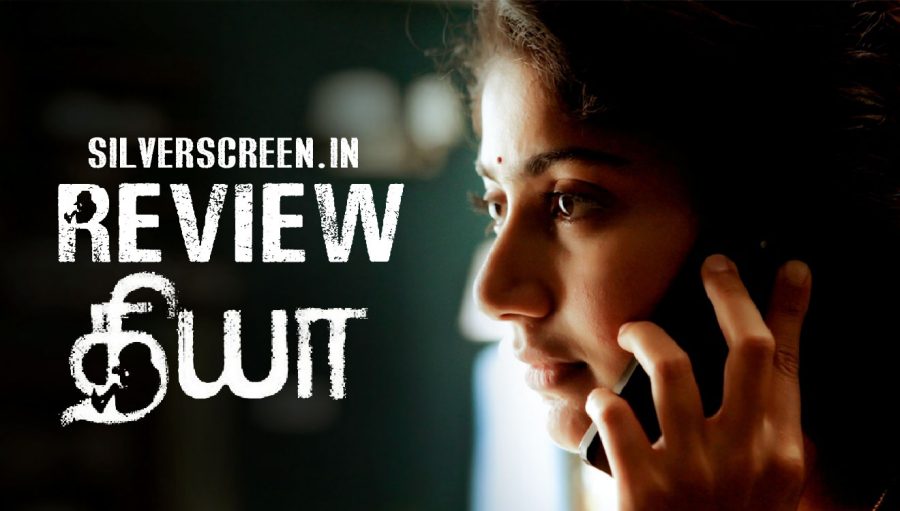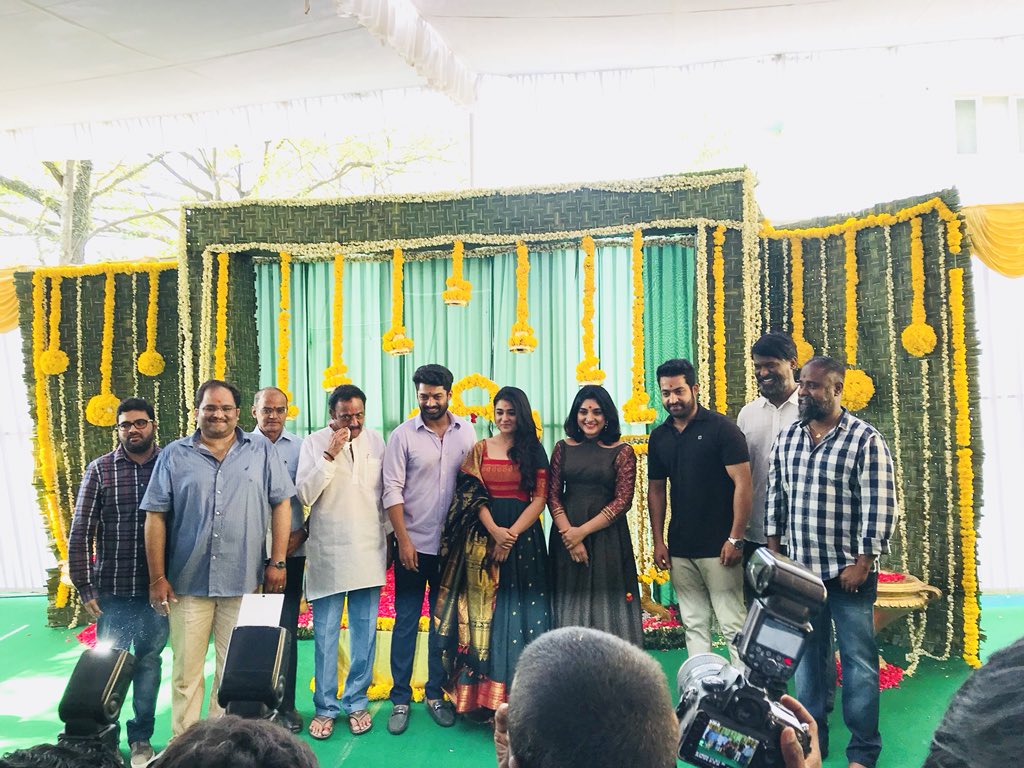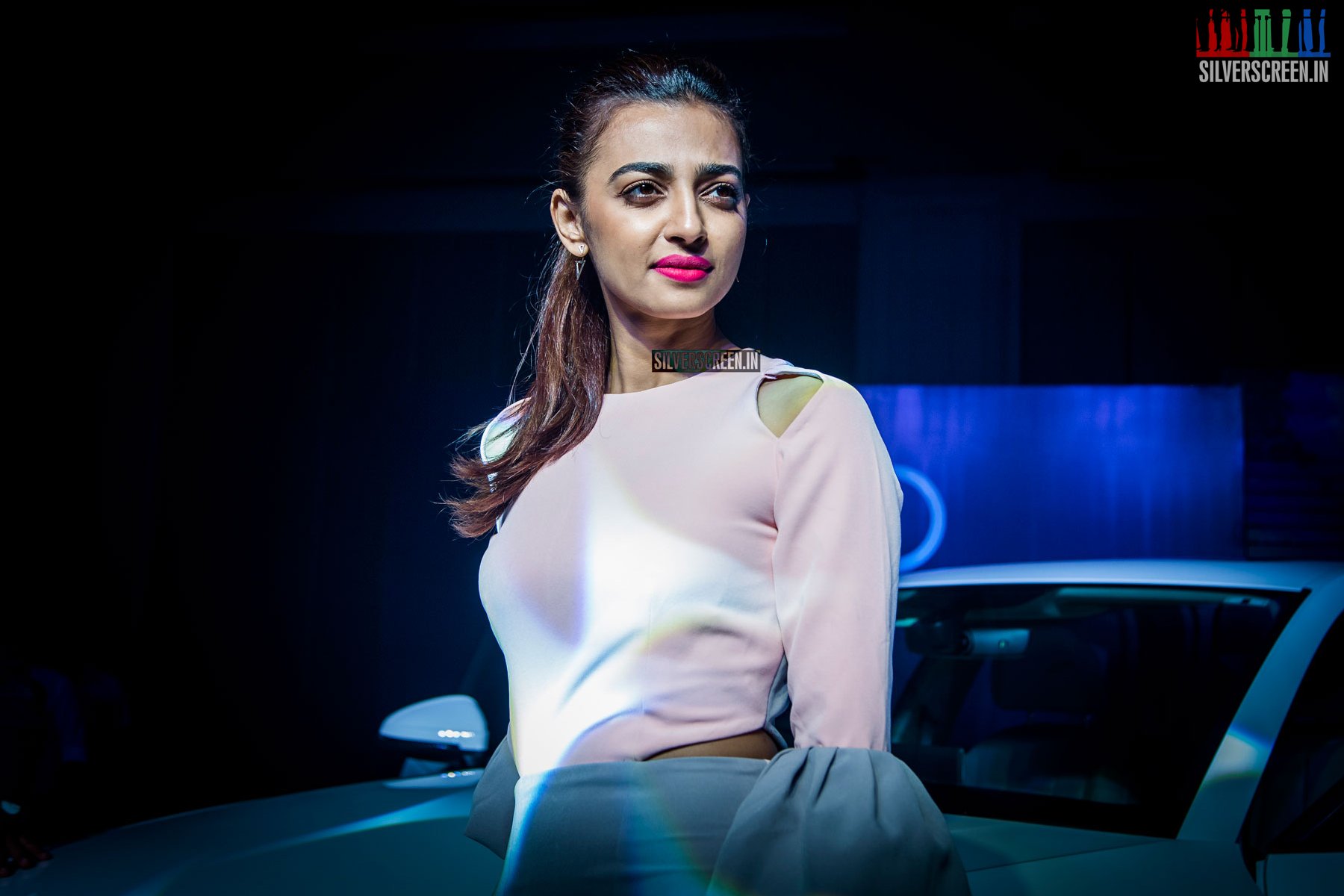Diya has actually done the thinking audience a favour —forced them to confront an issue dealt with such lack of grace and refinement.
There’s a limit to the over-the-top treatment in this bilingual film by director Vijay (Kanam in Telugu). Here, it begins from the title card, which basically shows you with exaggerated dramatics what happens when a pregnancy is terminated. This insensitivity is sprinkled throughout the movie, and culminates in the ‘message’ espoused during the end credits.
I understand that the director might be pro-life, but reducing abortion to a non-layered, non-nuanced call is simplistic. It is a deeply private moment between a couple, or families, and ought to be given the dignity it deserves. It is this pontification about abortion that has resulted in more than 50 per cent of them being conducted in unsafe conditions. What if the unborn babies did not turn out to be famous personalities as the film says? What if their birth in not-so-favourable circumstances resulted in no one living the life they envisioned? And finally, when does a foetus become a living person? These are questions that are being debated over the years, but one can’t see the issue in black and white… there are numerous shades of grey that the film never touches upon.
Thulasi (Sai Pallavi) and Krishna (Naga Shourya), a young couple in love discovers the girl is pregnant, just when she has plans to start a medical degree. Much against her wishes, the foetus is aborted. The boy and girl don’t meet for five years, as agreed by the families, and then get married. But, the foetus lives on in Thulasi’s mind, and in her sketch book, growing as a faceless child, Diya (Baby Venonika). Suddenly, there is a spate of deaths in the family, and Thulasi sees the link. Will she save her husband, or protect Diya, who makes her presence felt by moving a toy carousel?
The film is a classic case of good actors being let down by a bad script. Sai Pallavi makes her debut in Tamil in a role where she shines, but to no avail. She’s the kind of actress, as seen in Premam, Kali, Fidaa and even the commercial hit MCA, who delights in bringing alive the nuances. She gets a role devoid of any, but even then rises above the script to make you feel sympathetic to her character. The relief on her face when she dreads the child is gone, but then sees the moving carousel – it’s an example of how hard she tries to make Thulasi believable.
On the face of it, just the confusion in her mind — whom will she choose to support, a husband who did not stand by her as a boyfriend and allowed the elders to take the decision to terminate her pregnancy, or Diya, who responds to her voice — might have made for a taut thriller. But, the pro-life choice message is hammered down our throats, much like vegetarianism was in the same director’s Saivam.
Recommended
The comedy track with RJ Balaji, and the hugely wasted Ilango Kumaravel and TM Karthik, is more an irritant in a film that’s just about 100 minutes long. When you reveal your entire premise in the first 15 minutes, it takes great ability to keep the interest alive. It hurtles from one scene to another, and before you develop any bond with a character, his/her work is over.
There are some things that still impress. Nirav Shah’s cinematography and Sam CS’s score that lifts every scene, especially the ones that are supposed to scare you, but don’t!
When the end credits rolled, there was laughter in the theatre, not the nervous laughter that a horror film entails, but one of relief.
Do yourself a favour. Watch Sarjun’s short film Maa to know how a family can sensitively handle teenage pregnancy, and then go back and watch either Premam or Fidaa to know what Pallavi is capable of.
****



